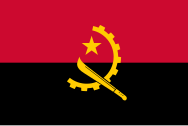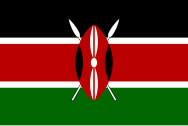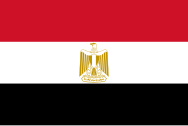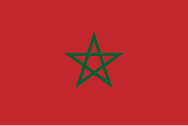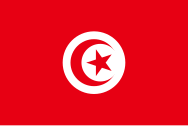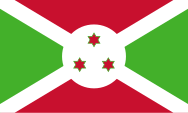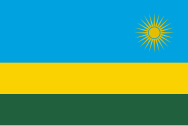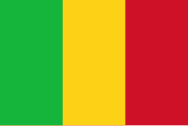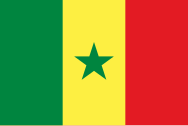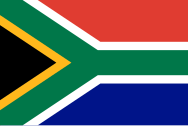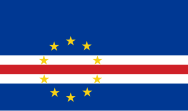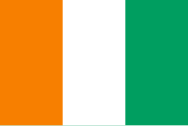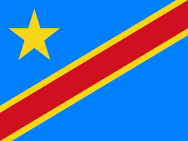- Comoros - History
- Comoros - Kingdoms
- Comoros - Royal Archives
- Comoros - Treaties
- Comoros - Economy
- Comoros - Technology
- Comoros - Diaspora
- Comoros - Culture
- Comoros - Migration
- Comoros - Museums
- Comoros - Architecture
- Comoros - Education
- Comoros - Geneology
- Comoros - Music
- Comoros - Art
- Comoros - Dance
- Comoros - General
- Comoros - People
Comoros
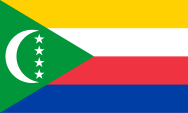
Country Flag
The Comoros, officially the Union of the Comoros, is an archipelagic country made up of three islands in Southeastern Africa, located at the northern end of the Mozambique Channel in the Indian Ocean. Its capital and largest city is Moroni. The religion of the majority of the population, and the official state religion, is Sunni Islam. Comoros proclaimed its independence from France on 6 July 1975. The Comoros is the only country of the Arab League which is entirely in the Southern Hemisphere. It is a member state of the African Union, the Organisation internationale de la Francophonie, the Organisation of Islamic Co-operation, and the Indian Ocean Commission. The country has three official languages: Shikomori, French and Arabic.
At 1,659 km2 (641 sq mi), the Comoros is the third-smallest African country by area. In 2019, its population was estimated to be 850,886.[9][10] The sovereign state consists of three major islands and numerous smaller islands, all of the volcanic Comoro Islands with the exception of Mayotte. Mayotte voted against independence from France in a referendum in 1974, and continues to be administered by France as an overseas department. France has vetoed a United Nations Security Council resolution that would have affirmed Comorian sovereignty over the island. Mayotte became an overseas department and a region of France in 2011 following a referendum which was passed overwhelmingly.
The Comoros were likely first settled by Austronesian/Malagasy peoples, Bantu speakers from East Africa, and seafaring Arab traders. From 1500 the Sultanate of Anjouan dominated the islands, with Grande Comore split between several sultans. It became part of the French colonial empire during the 19th century, before its independence in 1975. It has experienced more than 20 coups or attempted coups, with various heads of state assassinated. Along with this constant political instability, it has one of the highest levels of income inequality of any nation, and ranks in the medium quartile on the Human Development Index. Between 2009 and 2014, about 19% of the population lived below the international poverty line of US$1.90 a day by purchasing power parity.


